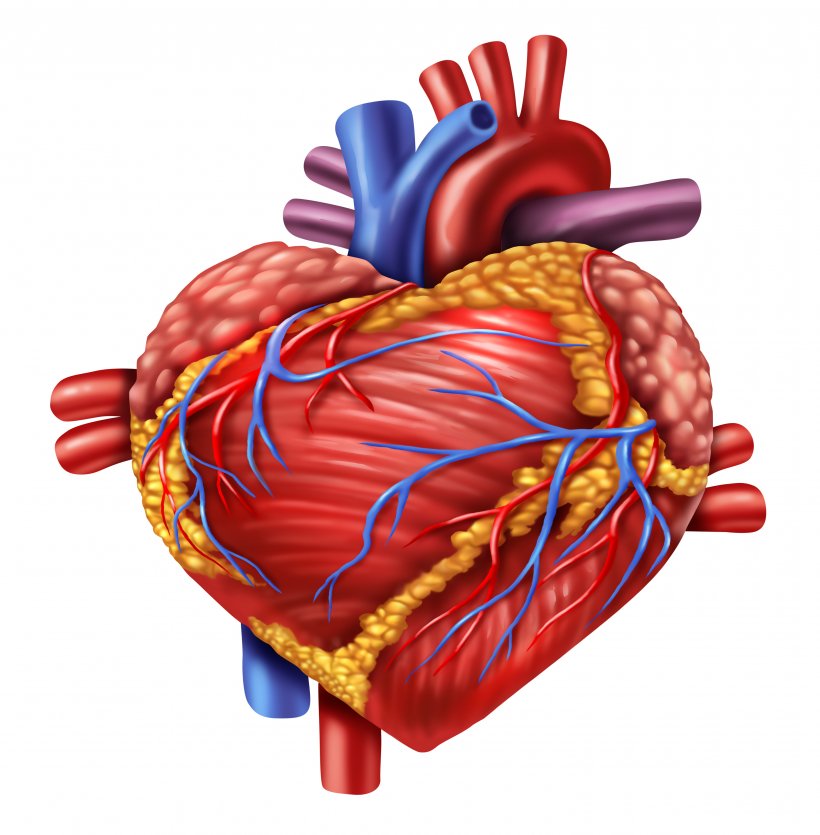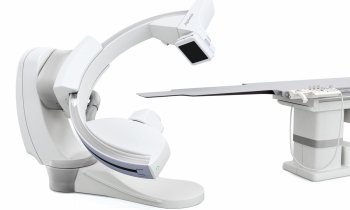
Source: Shutterstock / Lightspring
News • ESC: randomised trial
Covid-19 patients can safely continue taking heart drugs
Heart patients hospitalised with COVID-19 can safely continue taking angiotensin-converting enzyme (ACE) inhibitors and angiotensin receptor blockers (ARBs), according to the BRACE CORONA trial presented in a Hot Line session today at ESC Congress 2020.(1)
ACE inhibitors and ARBs are commonly taken by heart patients to reduce blood pressure and to treat heart failure. There is conflicting observational evidence about the potential clinical impact of ACE inhibitors and ARBs on patients with Covid-19.2 Select preclinical investigations have raised concerns about their safety in patients with Covid -19. Preliminary data hypothesise that renin-angiotensin-aldosterone system (RAAS) inhibitors could benefit patients with Covid -19 by decreasing acute lung damage and preventing angiotensin-II-mediated pulmonary inflammation.
Given the frequent use of these agents worldwide, randomised clinical trial evidence is urgently needed to guide the management of patients with Covid -19.
Membrane-bound angiotensin-converting enzyme 2 (ACE2) is the functional receptor for SARS-CoV-2, the virus responsible for the coronavirus disease 2019 (Covid -19).3 ACE2 expression may increase due to upregulation in patients using ACE inhibitors and ARBs.4
The Brace Corona trial was an academic-led, phase 4, randomised study testing two strategies: temporarily stopping the ACE inhibitor/ARB for 30 days versus continuing ACE inhibitors/ARBs in patients who were taking these medications chronically and were hospitalised with a confirmed diagnosis of Covid -19. The primary outcome was the number of days alive and out of hospital at 30 days.
Patients who were using more than three antihypertensive drugs, or sacubitril/valsartan, or who were haemodynamically unstable at presentation were excluded from the study.
Recommended article

Article • Non-pulmonary aspects
The cardiovascular impact of Covid-19
The increased Covid-19 risk to cardiac patients was discussed during an online presentation at ECR 2020. Focusing on the prevalence of pulmonary embolism in Covid-19 patients, Dr Karl-Friedrich Kreitner, Professor of Radiology at the Department of Diagnostic and Interventional Radiology at the Johannes-Gutenberg University in Mainz, Germany, discussed hypotheses which can explain cardiac…
The trial enrolled 659 patients from 29 sites in Brazil. All participants were chronically using an ACE inhibitor or ARB and were hospitalised with COVID-19. Patients were randomly allocated to stopping the ACE inhibitor/ARB for 30 days or continuing the ACE inhibitor/ARB.
The average number of days alive and out of hospital was 21.9 days for patients who stopped ACE inhibitors/ARBs and 22.9 days for patients who continued these medications. The average ratio of days alive and out of hospital between the suspending and continuing groups was 0.95 (95% confidence interval [CI] 0.90 to 1.01, p=0.09). The average difference between groups was -1.1 days (95% CI -2.33 to 0.17).
The proportion of patients alive and out of hospital by the end of 30 days in the suspending ACE inhibitor/ARB group was 91.8% versus 95% in the continuing group. A similar 30-day mortality rate was seen for patients who continued and suspended the ACE inhibitor/ARB (2.8% versus 2.7%, respectively with a hazard ratio of 0.97).
“This is the first randomised data assessing the role of continuing versus stopping ACE inhibitors and ARBs in patients with Covid-19,” said principal investigator Professor Renato Lopes of Duke Clinical Research Institute, Durham, US. “In patients hospitalised with Covid -19, suspending ACE inhibitors and ARBs for 30 days did not impact the number of days alive and out of hospital.”
He concluded: “Because these data indicate that there is no clinical benefit from routinely interrupting these medications in hospitalised patients with mild to moderate Covid-19, they should generally be continued for those with an indication.”
1Abstract title: Continuing versus suspending ACE inhibitors and ARBs: Impact of adverse outcomes in hospitalized patients with COVID-19--The BRACE CORONA Trial.
2Patel AB, Verma A. COVID-19 and Angiotensin-Converting Enzyme Inhibitors and Angiotensin Receptor Blockers: What Is the Evidence? JAMA. 2020;323:1769–1770.
3Gheblawi M, Wang K, Viveiros A, et al. Angiotensin-Converting Enzyme 2: SARS-CoV-2 Receptor and Regulator of the Renin-Angiotensin System. Circ Res. 2020;126:1456–1474.
4Soler MJ, Barrios C, Oliva R, et al. Pharmacologic Modulation of ACE2 Expression. Curr Hypertens Rep. 2008;10:410–414.
Source: ESC
02.09.2020











